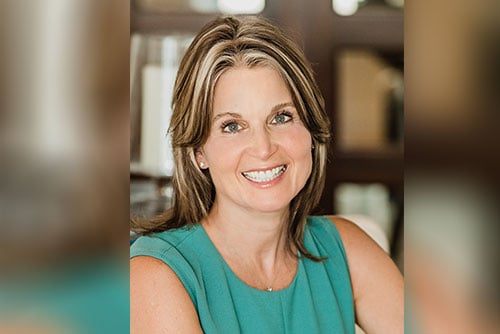

A managing general underwriter (MGU) is a specialized type of insurance intermediary that has been granted underwriting authority by an insurer. It can administer programs and negotiate contracts on behalf of a carrier, while also conducting core functions like binding coverage, underwriting and pricing, settling claims, sales, marketing and distribution.
However, if they’re so similar to insurance carriers, what value do MGUs bring to the marketplace? It’s all to do with capacity and specialization. Insurance carriers are under constant pressure to control their expenses. The current firming of rates across many lines of property / casualty insurance business in the US is testament to that, with many carriers looking to restore balance in their portfolios and place greater emphasis on their capacity outflow.
Regardless of whether it’s a soft or hard market, carriers can look to MGUs as an extension of their capacity, according to Dawn D’Onofrio, president and CEO of WKFC Underwriting Managers, and CorRisk Solutions – both MGUs in the RSG Underwriting Managers (RSGUM) group.
“MGUs can really add value from an expense control standpoint,” she told Insurance Business. “We also bring specialized underwriting to the table. We bring the technology, the data, the aggregation of that data, the claims oversight, and even the claims handling depending on the program. In WKFC’s case, we bring a national distribution footprint, which is very powerful with most of the insurance carriers we represent. We also have the sales and marketing teams to support those distribution channels, as well as the audit, the compliance, the IT, the accounting, and so on.
“Essentially, we’re a de facto insurance company. When I go out and talk to insurance carriers, or any individual team with capacity to deploy, that’s my MGU value proposition to them. We’re going to look and feel and act as if we’re an insurance carrier, and I think that’s really powerful. We’re providing a full-service, versus simply underwriting.”
Data and analytics have had a huge impact on the MGU space in recent years, enabling firms like WKFC and CorRisk to develop highly specialized operations. WKFC has been specializing in complex property risk since its inception 25-years-ago. The firm reached a pivotal milestone after Super Storm Sandy hit in October 2012, realizing that it needed to improve the way it looked at critical CAT risks, and that having the best data was one factor that would propel the business forward.
That realization also coincided with WKFC’s sale to RSG, where founder, chairman and CEO, Patrick G. Ryan was pumping huge financial investment into seeking out new ways to underwrite. As D’Onofrio described it, they were transitioning into “the next generation of underwriting.”
“Today, a property underwriter can use a geocoded address to get up to 14 pieces of data, which is then aggregated on their workstation in order to drive the best risk selection and underwriting decisions. Then we fold all of that in with the data we’ve been collecting on our portfolio for 25 years to get the appropriate pricing for that risk,” said D’Onofrio. “The next generation of underwriter is already here. As we hire today, we’re looking for individuals that have the ability to embrace the technical nature of underwriting (including data and analytics), while also maintaining the subjective elements of underwriting – and by that, I mean the territorial or product specific knowledge.”
It’s not just MGUs that have made investments into data and analytics. Pretty much every carrier today is traveling along the same path. The difference, according to D’Onofrio, is that MGUs tend to have a specialty and they’re often smaller and more nimble operations, meaning they can implement strategies quicker and more effectively.
“Both carriers and MGUs are highly invested, and they’re acquiring data to help them make the right decisions. We’re very like-minded in that sense,” she added. “From a WKFC and CorRisk perspective, there’s been a lot of time, energy, and money invested over the last seven years to get us where we are today. Things really escalated when we became part of RSG because the group believes in underwriting excellence and is willing to put money behind it. I’m very proud not only of the underwriters we have on staff, but also of the expense reductions we can bring to our carrier partners, and the way we’ve incorporated technology and data. It really is a full service that we’re offering, and it’s taken us several years of hard work to get there. We will always continue to improve upon our offering – that’s vital if you want to stay relevant in this market.”
